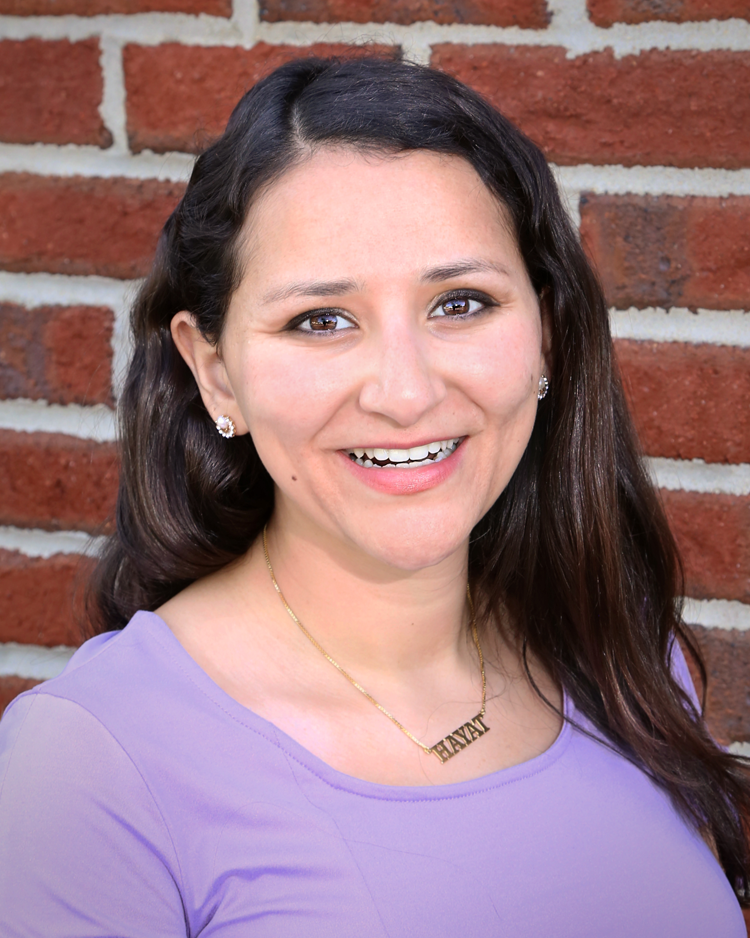
919.772.1990
Browse Blog
Listen In
919.772.1990
Browse Blog
Listen In
Quick Links
Services
Medication Management
One80 Locations

Hayat Shawwa, LCSW
Emotional safety. It’s what we are all looking for, and too often fail to find. In a world where we are constantly surrounded by so many people, it’s ironic that it’s become so hard to find. It’s often what brings people to therapy.
The truth of the matter is, not everyone in our lives, friends and family included, are emotionally safe spaces for us. There is some level of judgment, invalidation, lack of understanding, or dismissiveness we feel from them when we open up about our most vulnerable thoughts, feelings, insecurities, and fears. But that’s okay, not everyone we know can realistically be an emotionally safe person for us. It’s our job to identify the small handful or few people that are and it’s also okay for us to set respectful boundaries around the people who don’t feel emotionally safe.
When working with my clients on identifying emotionally safe people in their lives, I like to make them stop and think if they’re emotionally safe for the people in their lives as well. So what makes a person emotionally safe? I’m glad you asked!
So think about the relationships in your life that you value the most, and think to yourself, do I find emotional safety within those relationships and can I provide emotional safety to them as well? Show grace and patience with those people as we can’t always be that safe space for others 100% of the time. It’s okay to take time out to be an emotionally safe space for ourselves.

is a Licensed Clinical Social Worker. Read Full Bio
Recovery is Not Linear By Emily Fry, LCMHC, LCAS, NCC Clinical Director of Substance Use and Addiction ServicesSince 1989, September has been deemed National Recovery Month by the Substance Abuse...
Generational Trauma By Julie DeFalco, LCSW and Clinical Director of Child & Adolescent ServicesRecent research has shown that trauma can be passed down in families through genetics and...
Managing your Mental Health in a Pandemic By Sarah R. Coates, LCMHC, NCCWhen asked to write about navigating your mental health in the COVID pandemic, I found myself confronting my own fears, doubts...